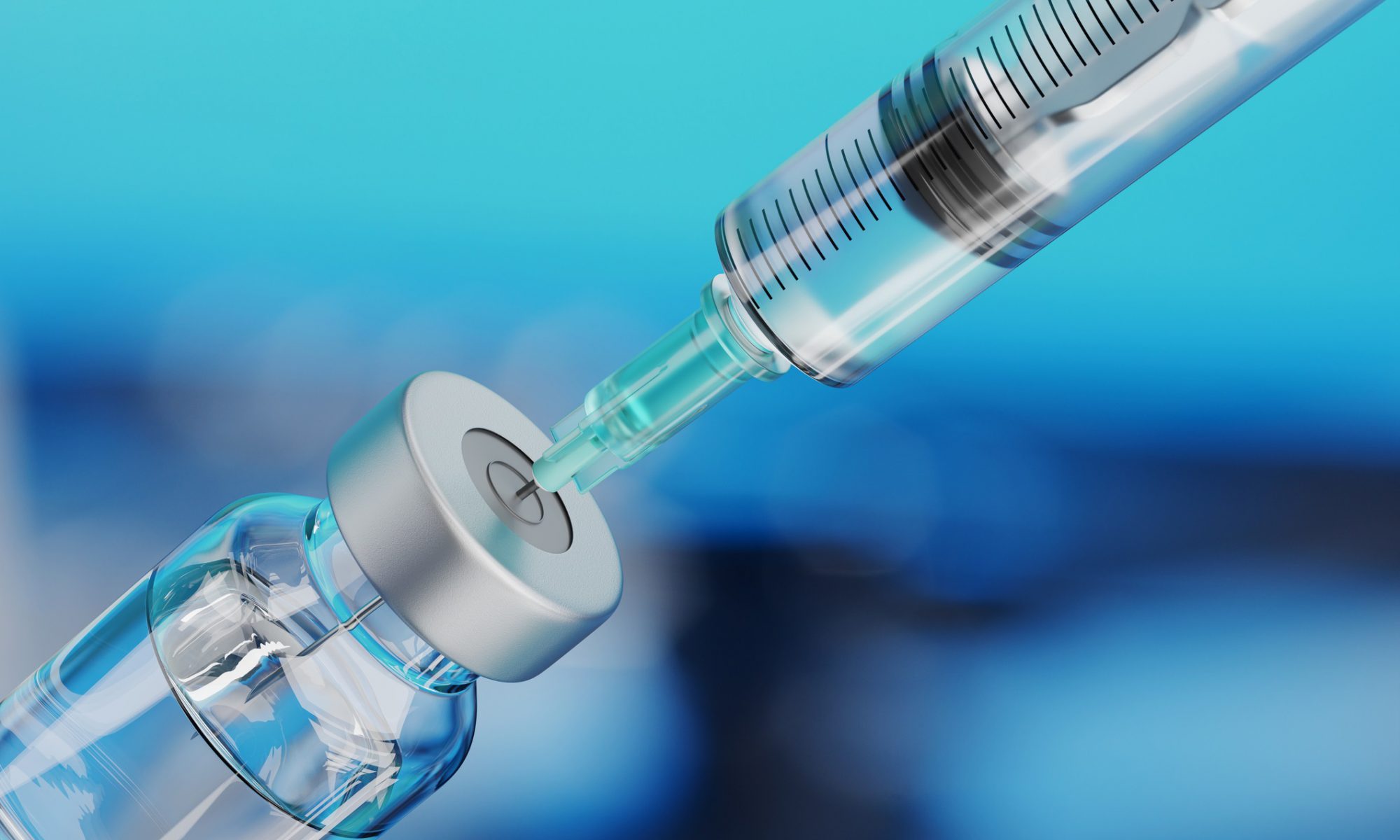Although COVID-19 vaccines lower the risk of infection among kidney transplant recipients, breakthrough infections can occur, and researchers recommend patients continue to receive boosters when available.
“The SARS-CoV-2 messenger RNA (mRNA) vaccines have shown high clinical efficacy in preventing COVID-19 in the immunocompetent population,” Ivan Zahradka, MD, from the Institute for Clinical and Experimental Medicine in the Czech Republic, and colleagues wrote. They added, “However, data about the effectiveness of SARS-CoV-2 vaccines are conflicting, and to what extent the two doses of an mRNA vaccine protect [kidney transplant recipients] KTRs from COVID-19 is unclear.” Read the full story in Healio.






